“For all the mutts.”
Dela Torre, the most recent chapbook from poet and essayist Dani Putney, opens with this dedication. Simple and effective, they give no other preface before diving into 20-some pages of raw, emotional poetry where they break down their own mixed-race heritage, the history of their parents, and tear into colonialism with sharpened teeth. While Dela Torre runs rife with various themes about identity and family, there is one through-line that can be felt in each and every one of these poems— anger.
0 Comments
"And love is a bond radiating from primaries to secondaries, tertiaries and beyond." Humanity has an obsession with sorting itself into categories. Academic, athletic, tall, short, old, young… the sorting never ends. With these categories, inevitably comes stereotypes, certain kinds of people that we expect to see attached to each category, and ridicule if they do not.
Maiden Leap by CM Harris is an exploration of identity and relationships, the pressure to conform for the people you love, and the terrifying freedom of embracing who you truly are after a lifetime of denial.
Author Kazim Ali reminds us that, like layers of sediment in the earth, generations of lives are inscribed within the land around us. In his memoir Northern Light: Power, Land, and the Memory of Water, Ali weaves a detailed meshing of historical events, personal accounts, and his own experiences as he searches for answers to the series of questions that led him to Cross Lake and the Pimicikamak community.
Piñata Theory by Alan Chazaro is a collection of poetry, a collection of memory, a collection of what it was and is like to be a Mexican-American. Chazaro has moments of sincere examination—“Lucha Libre, in Two and ½ Parts,” a poem which is split into two and a half parts, is an example in which he explores how he may have turned out had he been raised in Mexico instead of the United States. He writes: “Mexican For the non-Spanish speakers, what Chazaro is saying is: Mexican me might’ve been more ready than American me, might’ve loved more easily than American me.
In this we learn the epicenter, the foundation, for most of the poems is a search for identity. Chazaro thinks: What if I stayed? What if I were raised in Mexico? Who would I have been? These are valid questions for anyone raised outside of their home country.
“There are two things that happen when someone is trying to decide [...] where they are going to put your otherness,” Marra B. Gad writes in her new book The Color of Love. “For some, there is a blankness in the eyes that takes over, as if they are lost in thought,” but for others, “there is an immediate narrowing, a sharpness that engages. And it is because they don’t need to think.” For Marra, these two reactions encompassed much of her world. In the prologue, Marra describes her background as a mixed Jewish woman, half white and half black, who was adopted by a Jewish family in 1970. To Marra, the labels she identifies with don’t matter, shouldn’t matter, yet, “For many, identity is literally a black-and-white matter.” Something that is, or isn’t.
|
Archives
July 2024
Categories
All
|
|
Glassworks is a publication of Rowan University's Master of Arts in Writing 260 Victoria Street • Glassboro, New Jersey 08028 [email protected] |
All Content on this Site (c) 2024 Glassworks
|

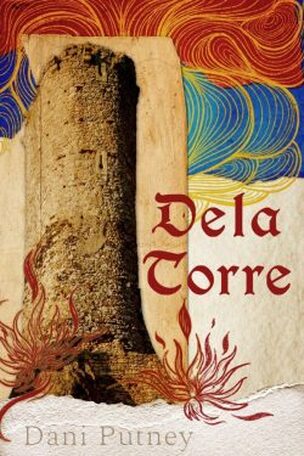
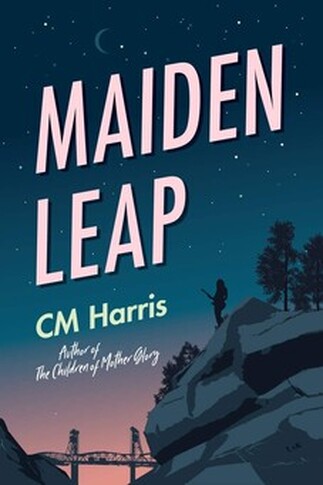
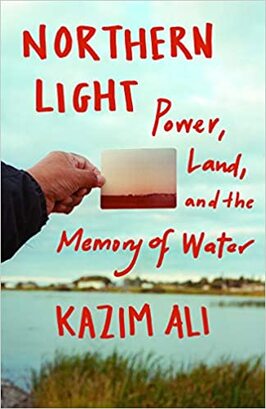
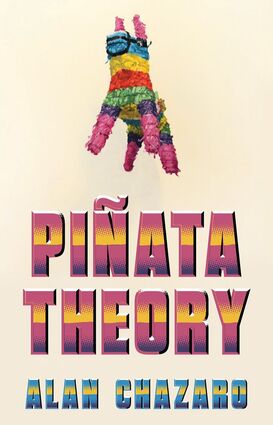
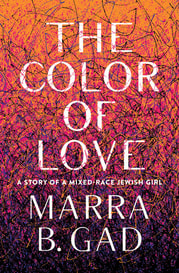
 RSS Feed
RSS Feed
